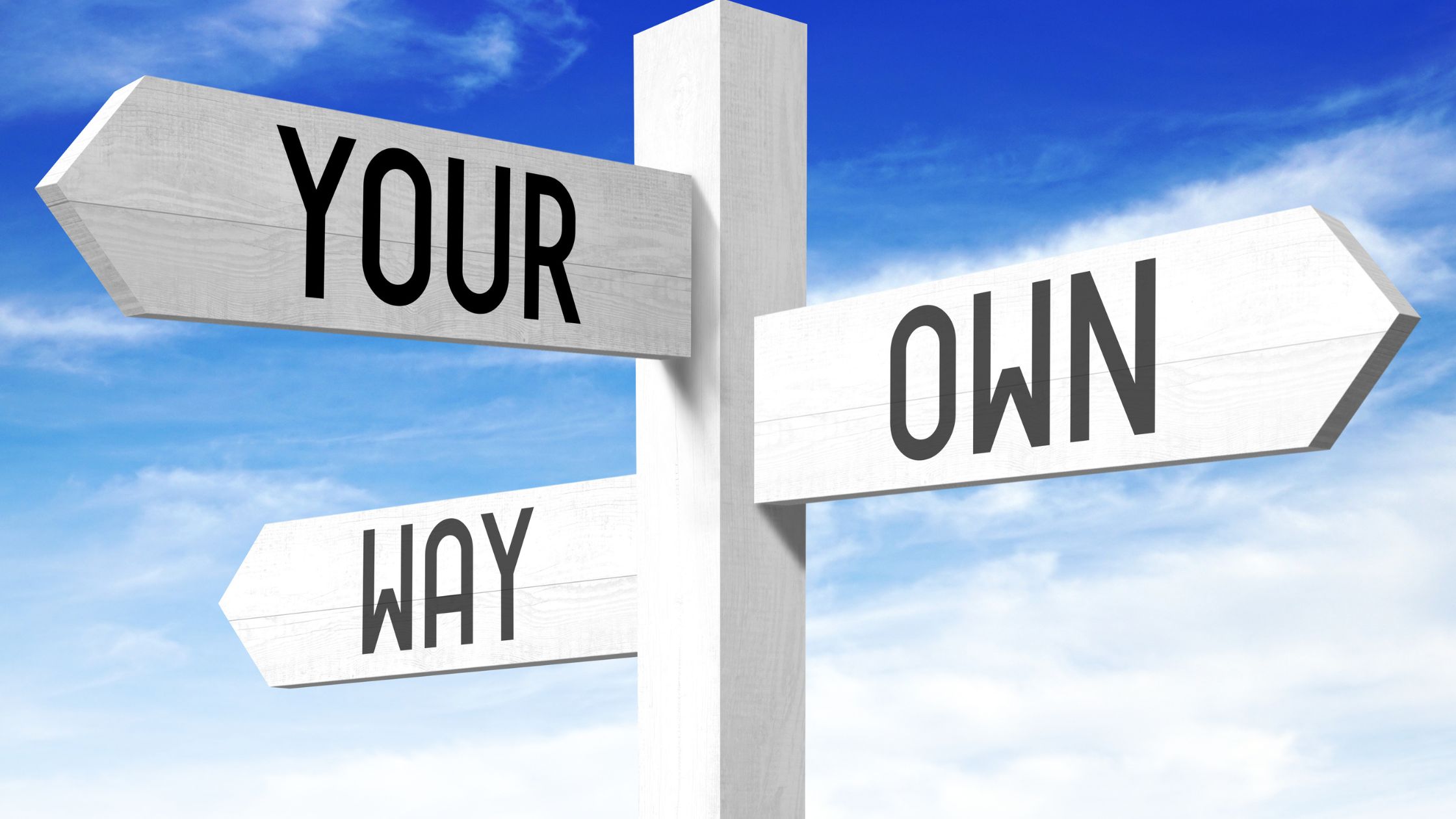When a workplace culture is one of blaming rather than taking responsibility, it affects everyone. Employee loyalty becomes practically nonexistent, nobody wants to raise their hand and take responsibility, and the bare minimum is done to avoid being blamed for anything. Does this sound like a thriving organisation? Maybe it even hits close to home. Perhaps this describes your workplace culture?
Don’t despair – there is a way for you, as a leader, to start changing the culture of blame and move it towards one of accountability. It involves laying down the groundwork for this new culture, for it to continue to grow and improve so that you and those around you learn how to take responsibility.
So, what is the difference between blame and accountability?
To put it simply, when you’re blamed for something, you’re forced to accept responsibility for what you’ve done – or haven’t done. Blame is often assigned based on assumptions and is usually done as a misguided way to punish the ‘offender’. When someone constantly gets blamed for things, they lose their motivation to improve and instead focus on hiding any mistakes they mistake.
On the other hand, when you take responsibility for an outcome, whether positive or negative, you are being accountable. This isn’t always the easiest thing to do, especially with a bad result, but it is the most effective way to learn from what has happened. When you are accountable, you’re able to focus on what worked and what didn’t and improve the results in the future.
8 ways to start building a culture of accountability –
Ask questions to get the full story before meting out disciplinary action. Don’t just assume or jump to conclusions; that’s the best way to make people defensive, and then nothing will get solved.
- Ask questions to get the full story before meting out disciplinary action. Don’t just assume or jump to conclusions; that’s the best way to make people defensive, and then nothing will get solved.
- Remember that any failures or challenges are chances to learn, and model this for your team at all times.
- Ensure you’re clear on what results you’re looking for, and provide your employees with feedback, resources and clarity on how much authority they have. This eliminates many problems before they can even occur, and lets each team member know exactly what they’re responsible for.
- When you look more at how to solve a problem, rather than at the person involved, you’re showing your team that it is okay to make mistakes (within reason). They’re more likely to communicate honestly and openly and feel like they can trust you.
- Identify what, if any, processes or systems could have contributed to an issue, rather than looking for someone to assign blame to. These are the actions of a great leader, who looks to see how things could be improved to enable their team to do better next time.
- To be a great leader, you must take responsibility for when something goes wrong, and give credit to others when something goes right. This is extremely difficult to do, but acting like a leader isn’t always easy.
- Even if you are upset or angry about a situation, you cannot let that show when giving advice or feedback. Whoever is on the receiving end will think they are being blamed if you sound frustrated or even angry when speaking to them.
- Look at your role in an issue, and ask yourself what you can do differently next time. This practice is key to improving your own sense of accountability.
When a workplace culture is one of blame, leaders are working against it to get even passable results – so take charge and start working on your accountability. Modelling positive behaviours is the most effective way to influence your team into making significant changes. Start taking responsibility for your team and for yourself, and watch the culture in your workplace slowly begin to shift towards one of accountability, openness and trust instead of blame.
If you don’t know where to start, get in touch with the team at Sonia McDonald Inc. We have a range of programs and workshops on offer, focusing on courageous leadership and strategic leadership course that can help build a culture of accountability. There’s an option to suit leaders at any stage of their leadership journey. Take the first step in becoming a more courageous leader by contacting us today.
About Sonia
Sonia McDonald believes we should lead with kindness, from the heart, doing rather than telling and is known for her mantra ‘Just lead’. She leads by example in all these areas and through her one on one practical coaching, leadership training for teams and organisations encourages others to do the same. Sonia has helped hundreds of people on their leadership journey to become the best version of themselves and in turn, inspire and bring out the best in others.
For more than 25 years, Sonia has been on the front lines of HR. She has held leadership positions worldwide and through experience, research and study come to realise what it takes to be a truly great leader.
Sonia has an ability to speak bravely and authentically about her own development as a leader, personal and career challenges in a way which resonates with her audience. She is recognised as a LinkedIn influencer and has become an in-demand keynote speaker, starts important conversations.
She is an award-winning published author and writes regularly for publications such as The Australian, HRD Magazine, Smart Healthy Women and Women’s Business Media. Sonia has become recognised for her commentary around the topic of leadership, developing work-life balance, championing the up and coming leaders of tomorrow and advocating for women in business and male-dominated industries.
Keynote Topics
Sonia will give you peace of mind when booking a speaker. She is a proven world-class professional speaker with the skills to “rock an audience”. Her energy, empathy, kindness, sensitivity, and humour will enhance any event she appears.
1. Leadership Attitude
2. Just Rock It
3. Leadership for Small Business
4. Leading the Next Generations
5. Courageous Leadership
6. Future Leaders of Leadership
7. New Kindness of Leadership
Phone 1300 719 665 or +61 424 447 616



